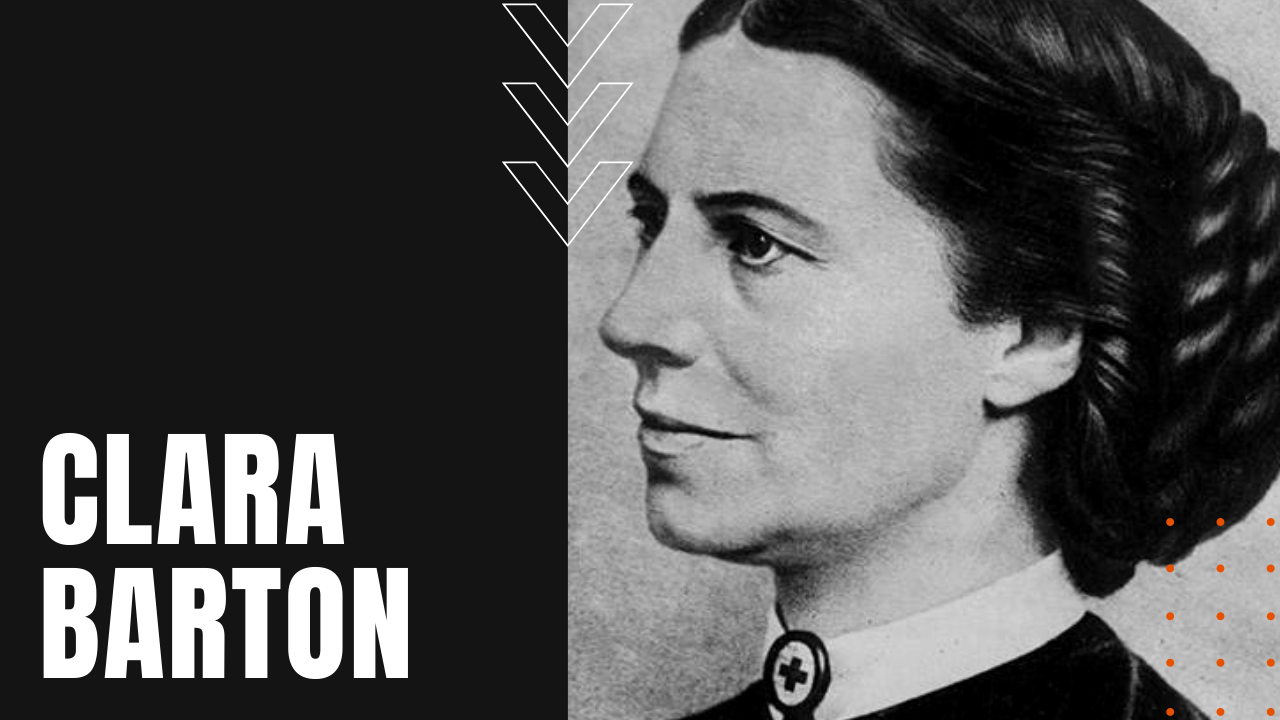Clara Barton

What Role Did Clara Barton Play in the Civil War?
Born into a Massachusetts abolitionist family in 1821, Clara Barton became a teacher at age 15, and opened the nation’s first free public school by age 27, until the school ousted her in favor of a male headmaster. Moving to Washington, D.C. to clerk for the U.S. Patent Office, Barton shifted her focus to nursing after the Civil War broke out, working first in a makeshift hospital inside the yet-completed U.S. Capitol Building, eventually tending to the wounded at 16 frontline battlefields before war ended in 1865, and while she had no formal medical training, her nursing skills developed out of common sense, unbounded courage and a deeply-felt sense of compassion for wounded and homesick soldiers.
Nicknamed the “angel of the battlefield,” while tending to the wounded at Antietam, Barton came so close to the action that a soldier she was comforting was shot dead by a stray bullet as she supported him in her arms. Barton soon caught the attention of President Abraham Lincoln, who assigned her to the task of locating missing soldiers under the newly-formed Bureau of Records of Missing Men of the Armies of the United States, where she researched tens of thousands of MIA soldiers, while answering over 63,000 letters from worried family members of the missing. By war’s end, Barton and her staff had identified over 22,000 missing soldiers.
Clara Barton’s Red Cross
On a post-war trip to Europe, Barton learned about the International Red Cross in Geneva Switzerland—not to mention assisting the wounded during the Franco-Prussian War of 1870—returning home to solicit political support for an American version of the aid organization. After President Chester A. Arthur signed the 1882 Geneva Treaty, Barton became the head of the American Red Cross, where she oversaw disaster relief efforts for victims of the deadly Johnstown Flood and devastating hurricanes in South Carolina and Galveston, Texas.
Her dictatorial style and alleged financial mismanagement forced her to resign in 1904, affording her the time to establish the National First Aid Association of America one year later, which worked hand-in-hand with local fire departments across the U.S., creating some of the first ambulance brigades in the nation.
When Did Clara Barton Die?
Clara Barton passed away at her home in Glen Echo, Maryland on April 12th, 1912, at just 91 years of age, forever remembered as an early trailblazer in nursing, human compassion and disaster response.
